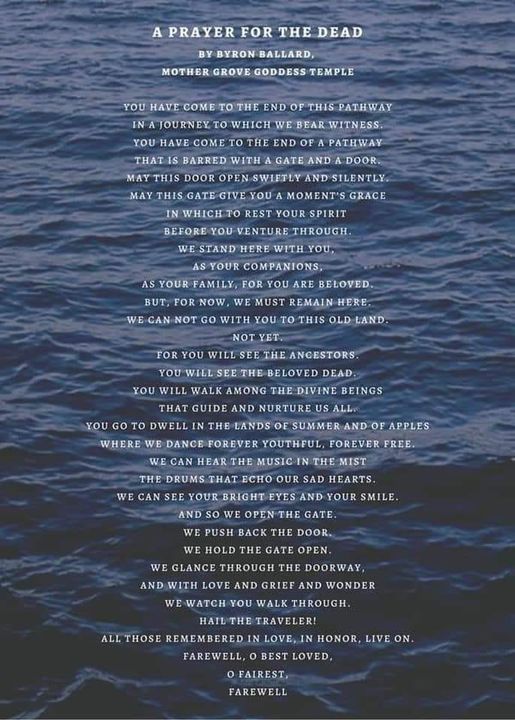It's all over the news...a new milestone. A stone - a weight around the necks of those who care about others...whether you're related to them or not...whether you knew them or not...whether you cared FOR them or not. And we need to put some effort into a grief process that as a community can't easily be shared in a community.
Photo by Saul LoabThe following quote is from Loss to the Whole Society: US Surpasses 500,000 Deaths from COVID-19 by NPR, Pien Huang author.
The disease has killed at least 100,000 people in the past five weeks and was the leading cause of death in the country in January, ahead of heart disease, cancer and other ailments, according to an analysis by the Kaiser Family Foundation.
Losing half a million lives to this disease was unimaginable when the first few people died of COVID-19 in the U.S last February. The disease soon began to ravage nursing homes and the five boroughs of New York City, frequently striking those left most vulnerable because of age, poor health, job requirements or crowded living conditions.
Now, around 2,000 people die from the disease every day on average, according to data from Johns Hopkins University, down from a high of over 3,000 a day on average in mid-January.
The pandemic's deadliest day in the U.S. so far has been Jan. 12, when 4,400 people died.
"The massive number and the loss of those people from our society has not been acknowledged," says Dr. Camara Phyllis Jones, an epidemiologist and past president of the American Public Health Association. "We cannot think these people are disposable and dispensable and that we can just get along very well without them. It's those kinds of blinders that sap the strength of the whole society."
It's hard to fathom hundreds of thousands of lives in the U.S., and some 2 million more around the world, cut short by the pandemic.
"We as a nation have not coped with this. It's almost as if these are individual losses to individual families, but that they are not seen as a loss to the whole society," says Jones.
She notes that the COVID-19 memorial tribute last month, on the eve of President Biden's inauguration, in which lights were placed around the Lincoln Memorial reflecting pool, was the first formal acknowledgement of the pandemic's death toll in the U.S. by the executive branch of the federal government.
For most of the past year the burden of processing the grief has fallen on health care and funeral home workers.
Cheri Bentley, a hospice nurse with Bluegrass Care Navigators in Kentucky, has witnessed nine of the 500,000 deaths. "The hardest part is watching loved ones who want to be with a patient, and patients who want to be with their families — and cannot be [due to COVID-19 restrictions]," she says. Bentley says the nonverbal parts of saying end-of-life goodbyes — holding the hand of a loved one, stroking their face or sitting beside them for hours — are lost.
Her work helping families say goodbye remotely has raised her own risk of COVID-19 exposure. Yet, in these cases, "I do it anyway," she says, describing video calls between patients and their families: "I'm inches from their face, and they're coughing and they can't breathe and they're struggling. And I'm trying to convey what the patient is saying to the family."
The toll of witnessing these deaths has largely fallen on frontline health care workers.
"When you're the person that's putting your own health at risk and your own family's health at risk, and you're the person witnessing those very real and raw situations, this is a great burden that's felt," Bentley says. "And I think that's lost on a lot of our society right now."






